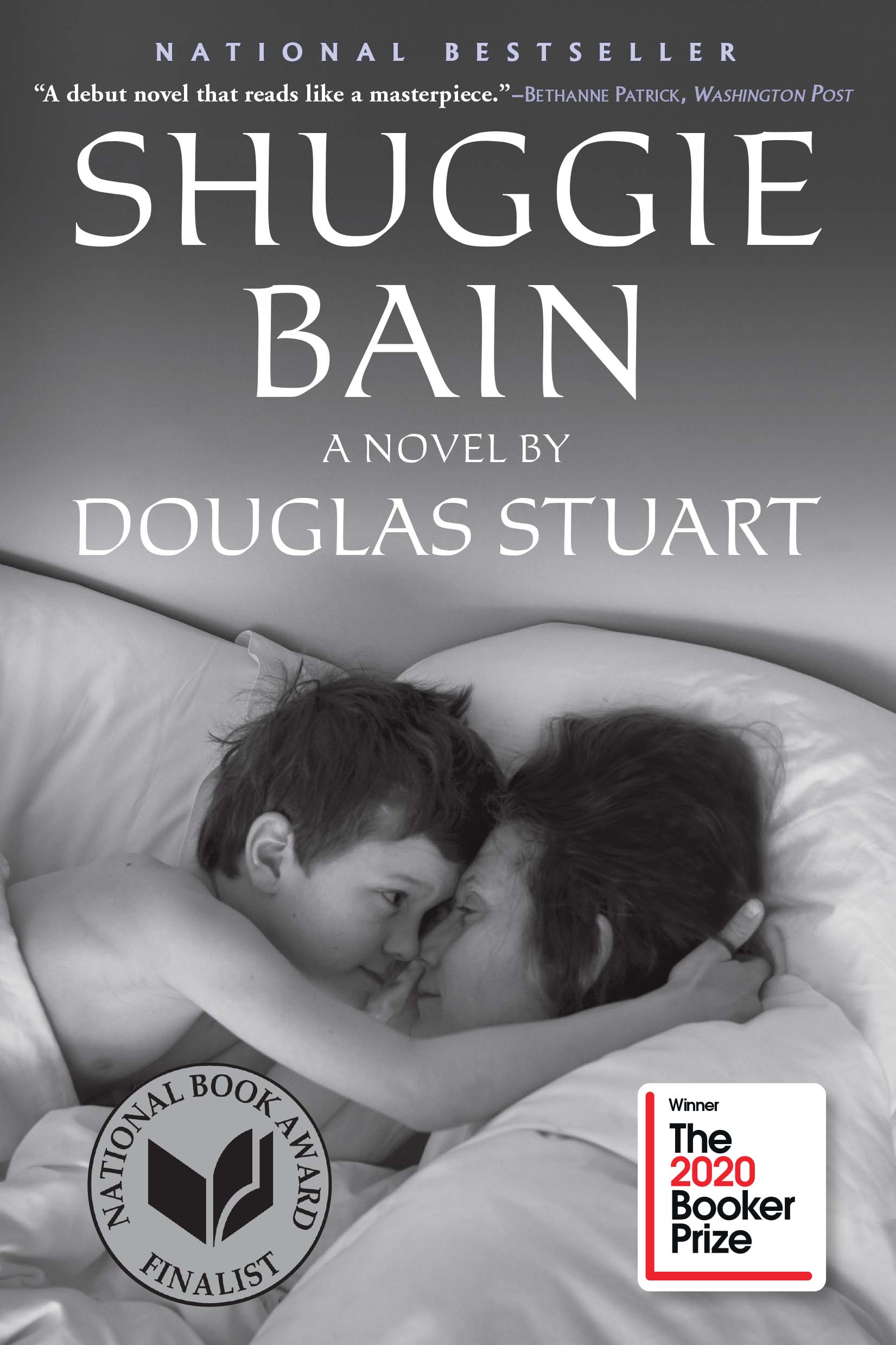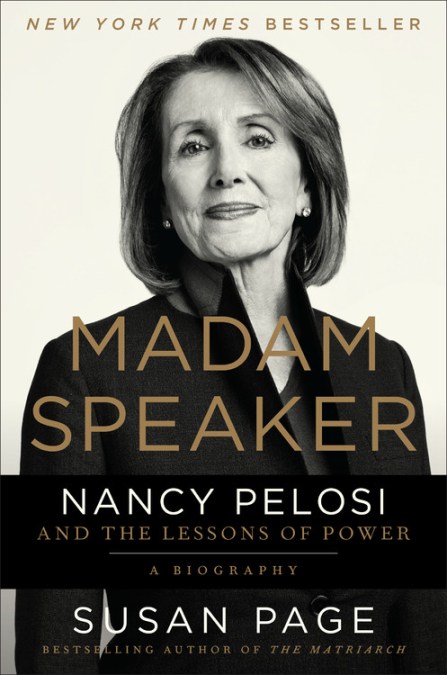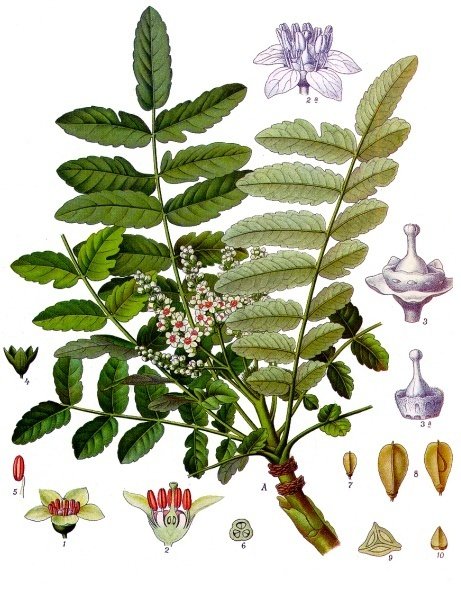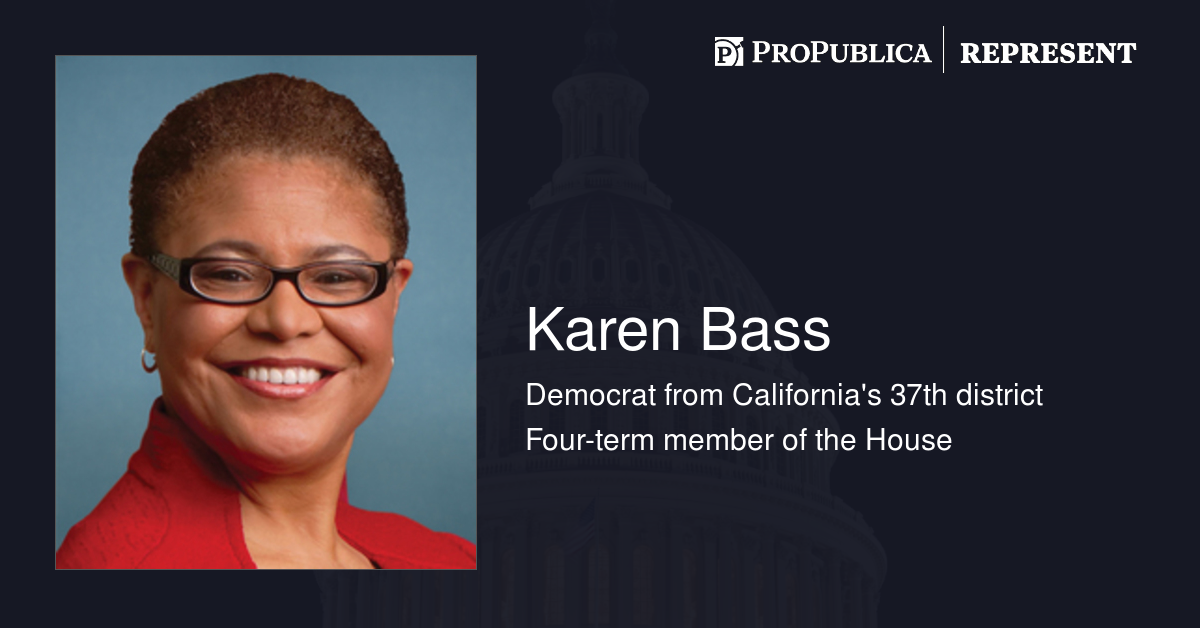|
Help |
Site Map
|
PPACA-exempt health coverage arrangements may be attractive to consumers, particularly those who find it difficult to afford PPACA-compliant plans. However, such arrangements generally do not need to follow PPACA's requirement that plans in the individual market be presented to consumers in defined categories outlining the extent to which they are expected to cover medical care. As a result, depending on how they are marketed and sold, PPACA-exempt arrangements could present risks for consumers, if, for example, they buy these plans mistakenly believing that coverage is as comprehensive as for PPACA-compliant plans.
The reports data metrics include call handling and loan delinquency rates, and they highlight the industrys widely varied response to the pandemic. Many emergency mortgage protections are winding down, and servicers have had ample time to prepare for the millions of distressed homeowners who need their assistance, said CFPB Acting Director Dave Uejio. Todays report should inform servicers own data reviews as they determine whether they are doing enough for borrowers. Servicers who find themselves at the bottom of the pack should immediately take corrective steps. The CFPB will hold accountable those servicers who cause harm to homeowners and families.
Often described as the first contemporary art movement comprised of majority female artists, Pattern and Decoration or P&D, as it is commonly known defied the dominance of modernist art by embracing the much-maligned category of the decorative. P&D artists gleaned motifs, color schemes, and materials from the decorative arts, freely appropriating floral, arabesque, and patchwork patterns and arranging them in intricate, almost dizzying, and sometimes purposefully gaudy designs. Their work across mediums pointedly evokes a pluralistic array of sources from Islamic architectural ornamentation to American quilts, wallpaper design, Persian carpets, and Japanese Imari ware ceramics.
The team wanted to understand why some people are reluctant to adopt COVID-19 prevention measures including wearing a mask, social distancing and being vaccinated and wanted to learn how to facilitate better communication with vaccine-hesitant individuals. So far, they've discovered that traditional messages such as the need to protect yourself and others or the enticement of getting kids back to school don't move the needle when it comes to persuading hesitant people to get a vaccine. Having a personal, empathetic conversation with people works better than presenting statistics and facts at them. The team conducted an extensive literature review of vaccine hesitancy, using the information to create a list of 25 talking points they thought might sway those who are vaccine hesitant.
This is a sad day for New York because independent investigators have concluded that Governor Cuomo sexually harassed multiple women and, in doing so, broke the law, said Attorney General James. I am grateful to all the women who came forward to tell their stories in painstaking detail, enabling investigators to get to the truth. No man no matter how powerful can be allowed to harass women or violate our human rights laws, period. Starting in December 2020, multiple women came forward with allegations that Governor Cuomo sexually harassed them. Over the course of the investigation, the investigators interviewed 179 individuals. Those interviewed included complainants, current and former members of the Executive Chamber, State Troopers, additional state employees, and others who interacted regularly with the governor.
Jo Freeman Writes: Those who suffer defeat, be they Presidents or populations, deal with downfall in different ways. Denial is one way. Simply flip defeat on its head and claim victory. You might not get the concrete benefits of an actual victory, but you can get the psychological ones. The white South admitted to only military defeat. To claim a moral victory, it invented the Lost Cause, which saw the War as an heroic attempt of a noble people to leave a union that only wanted to exploit its wealth. Believers insisted that the reason for the War was states rights, ignoring the fact that the Secession Ordinances declared it to be slavery. This is a timely book. What to do with statues of Confederate soldiers has been much in the news lately. As the author points out, however, this is just the latest twist in a story that began after the Civil War.
The Minor League Baseball Relief Act would allow Minor League Baseball to access up to $550 million in emergency grants to be administered by the Small Business Administration (SBA) and made available through funding authorized under previous COVID-19 relief legislation that would otherwise be returned to the Treasury Department. Minor League Baseball is a point of pride to hundreds of small cities and towns across the country, said Representative McKinley. Like many other small businesses in other industries, minor league clubs are struggling from the economic impact of the pandemic. Many of these teams are at risk of closing their doors if they dont have additional assistance to make it through this crisis. This bipartisan legislation will ensure Minor League Baseball as we know it can survive and keep Americas pastime alive.
Jill Norgren Reviews: There are a few weeks remaining before summers end. Here are some of my suggestions for off-hours reading several outstanding books, newly published and golden oldies. Dai Sijies Balzac and the Little Chinese Seamtress is an extraordinary, near perfect novel, slight of size. In The Alice Network, Kate Quinn creates a world of female spies in World War I with a parallel story of disappearance during World War II. In The Barefoot Woman Scholastique Mukasongas, like Kate Quinn, gives us another story of an intrepid woman. Douglas Stuarts Shuggie Bain considers a childhood quite different from Mukasongass, one is which a child tries to protect and save his mother from her worst instincts. An astonishing first novel-autobiographical, winner of the Booker prize, Shuggie Bain is set in 1980s Glascow, the Thatcher years.
FactCheck Weekly: "House Republicans have sought to change the narrative on the Jan. 6 attack on the Capitol by pro-Trump protesters, claiming that Speaker Nancy Pelosi is ultimately responsible for the breakdown of security at the Capitol. But their arguments overstate the role of the House speaker in overseeing the security of the Capitol and rely on speculation about Pelosis involvement and knowledge about intelligence warnings for which they have not provided any proof. Republican Rep. Jim Banks said that Pelosi, as speaker, has more control and authority and responsibility over the leadership of the Capitol Police than anyone else in the United States Capitol and therefore, is ultimately responsible for the breakdown of security at the Capitol that happened on Jan. 6. The speaker does not oversee security of the US Capitol. The speaker appoints one member of a four-member board that oversees Capitol security, and who then must be approved by the House. House Minority Leader Kevin McCarthy suggested Pelosi played a role in denying efforts prior to Jan. 6 to bolster security on the Capitol grounds with members of the National Guard. There is no evidence of that."
The Minor League Baseball Relief Act would allow Minor League Baseball to access up to $550 million in emergency grants to be administered by the Small Business Administration (SBA) and made available through funding authorized under previous COVID-19 relief legislation that would otherwise be returned to the Treasury Department. Minor League Baseball is a point of pride to hundreds of small cities and towns across the country, said Representative McKinley. Like many other small businesses in other industries, minor league clubs are struggling from the economic impact of the pandemic. Many of these teams are at risk of closing their doors if they dont have additional assistance to make it through this crisis. This bipartisan legislation will ensure Minor League Baseball as we know it can survive and keep Americas pastime alive.
"As we prepare to release these 2020 Census data, I wanted to let you know what to expect when you look at the statistics. As it does every decade, the census will reflect the demographic changes that have occurred over the span of 10 years. Our results also will likely show some effects from the current pandemic. For example, some people relocated, and based on the 2020 Census Residence Criteria and Residence Situations, they may have been counted in a different place than they would have lived otherwise. Every way weve analyzed the 2020 Census through our extensive reviews during data processing, by comparing the numbers to population benchmarks, and looking at the operations the census data are high quality and are fit to use for redistricting. In fact, the quality of the 2020 Census data is quite remarkable amid all the challenges we faced last year."
Associated Press: WASHINGTON (AP) A committee investigating the Jan. 6 Capitol insurrection opened its first hearing Tuesday with a focus on the law enforcement officers who were attacked and beaten as the rioters broke into the building an effort to put a human face on the violence of the day. Theres no place for politics and partisanship in this investigation, said the panels chairman, Mississippi Rep. Bennie Thompson, as he opened the session.
https://www.c-span.org/video/?513434-1/capitol-dc-police-testify-january-6-attack&live
https://www.youtube.com/watch?v=vHrt44ANHIA
"I was electrocuted again, again and again": Police Officer Michael Fanone
"The Biden-Harris Administration has taken significant steps to achieve a more inclusive, accessible, and equitable country for people with disabilities, including people with disabilities that experience multiple forms of discrimination and bias on the basis of race, gender, sexual orientation and other factors. Through quick policy action, the Administration has ensured disabled Americans are receiving resources and are included in key administrative proposals:" Centered Equity as a Priority on Day One. President Bidens Inauguration Day Executive Order 13985 on Advancing Racial Equity and Support for Underserved Communities. Increased Access to Democracy for Voters with Disabilities. Advanced Diversity, Equity, Inclusion, and Accessibility Across the Federal Government.
Editor's Note: I've written about my love of baseball before in recent years, but last night's game between the two former New York City teams, now both located in the state of California, so acutely characterized the intensity of the rivalry.
Origins…
The bulk of the book is on Pelosis 35 years (to date) in the House. As Washington bureau chief of USA Today, Page has been well-positioned to cover a woman who has broken several glass ceilings. Pelosi was the first women to be elected Whip and House Minority Leader. Shes been Speaker twice (2007-2011 and 2019 to date). Nancy used her ability to corral votes to pass Obamacare. She opposed the invasion of Iraq while remaining cordial with Bush 43. She opposed his impeachment for that war while supporting the impeachment of Trump years later. Shes been attacked and lauded. (Editor's note: A marvelous gift for a daughter, relative, friend, for the Holidays and birthdays.)
More than 1.5 million children around the world are estimated to have lost at least one parent, custodial grandparent, or grandparent who lived with them due to death related to COVID-19 during the first 14 months of the pandemic, according to a study published in The Lancet. Studies like this play a crucial role in illuminating the COVID-19 pandemics long-lasting consequences for families and the future mental health and wellbeing of children across the globe, said NIDA Director Nora D. Volkow, M.D. Though the trauma a child experiences after the loss of a parent or caregiver can be devastating, there are evidence-based interventions that can prevent further adverse consequences, such as substance use, and we must ensure that children have access to these interventions.
n 2020, there were 30 named storms, of which 14 became hurricanes, including seven major hurricanes last year. Major hurricanes are known to carry winds of 111 mph and higher. The season was so active we ran out of the alphabetical list of names and had to borrow some from the Greek alphabet. This year, however, the Greek alphabet will no longer be used partly due to difficulty translating in different languages. Instead, any extra storms will be named through a supplemental names list from the World Meteorological Organization (WMO). Several factors contributed to NOAAs prediction for an above-normal hurricane season. Among them: predicted warmer-than-average temperatures in the Tropical Atlantic Ocean and Caribbean Sea; weaker tropical Atlantic trade winds; and an enhanced west African monsoon.
During the COVID-19 pandemic, Americans have been exposed to a wide range of misinformation about masks and social distancing, treatments, and vaccines. As of late May, 67% of unvaccinated adults exit disclaimer icon had heard at least one COVID-19 vaccine myth and either believed it to be true or were not sure of its veracity. Health misinformation has already caused significant harm exit disclaimer icon, dividing families and communities and undermining vaccination efforts. An analysis of millions of social media posts exit disclaimer icon found that false news stories were 70 percent more likely to be shared than true stories. And a recent study exit disclaimer icon showed that even brief exposure to misinformation made people less likely to want a COVID-19 vaccine.
Rose Madeline Mula Writes: Why does my computer crash only when Im behind deadline on an important project and not when Im playing solitaire especially since I spend much more time playing games than working. And can wine connoisseurs really detect undertones of leather, tea, oak, and dozens of other essences and aromas? When they describe a certain vintage as having a good nose or legs, are they putting me on? And when they toss out adjectives like assertive, attractive, graceful, and elegant, are they really describing the wine or the waitress pouring it? If haste makes waste, how come he who hesitates is lost? And why should we keep our noses to the grindstone if all work and no play makes Jack a dull boy? No wonder Im an insomniac. How can I get to sleep when I keep trying to solve lifes little puzzleslike
How come the label on my sleeping pills warns, May cause drowsiness? Isnt that the point?
Aduhelm, a new Alzheimers drug approved by the Food and Drug Administration last month, could be prescribed to 1 million to 2 million patients a year, even if conservative criteria were used, according to Biogen and Eisai, the companies behind the drug. The total annual price tag would come to $56 billion if the average list price, $56,000, is applied to the lower end of the companies estimate. Thats a huge sum by any measure more than the annual budget for the National Institutes of Health (almost $43 billion this year). Yet theres considerable uncertainty about Aduhelms clinical benefits, fueling controversy over its approval. The FDA has acknowledged its not clear whether the medication will actually slow the progression of Alzheimers disease or by how much.
Carol Christ: When I joined the faculty, only 3% of the faculty were women. When I joined the English department, there were 84 faculty in the English department it was much bigger then than it is now and there were four women. I was the fourth woman. And I remember whenever I went to an office, people didnt believe I was a faculty member. Carol Clover: Or, when I went to Harvard, people always thought that I was a secretary in my office. They would just walk in and say, Would you please type this for me and have it for tomorrow? Anne Brice: What would you say? Carol Clover: It would be a nice conversation. They were usually apologetic. It was just the way things were."
For over fifty years, Lynn Hershman Leeson has created an innovative and prescient body of work that mines the intersections of technology and the self. Known for her groundbreaking contributions to media art, Hershman Leeson has consistently worked with the latest technologies, from Artificial Intelligence to DNA programming, often anticipating the impact of technological developments on society. As the artist posited in 1998, Imagine a world in which there is a blurring between the soul and the chip, a world in which artificially implanted DNA is genetically bred to create an enlightened and self-replicating intelligent machine, which perhaps uses a human body as a vehicle for mobility.
US economic activity contracted sharply during 2020 as COVID-19 spread and government introduced policies aimed at curbing the virus. Understanding the impact of the pandemic on economic activity as well as the effectiveness and economic impact of health and containment policies has been a major challenge faced by policymakers. The fundamental issue is that economic activity, COVID-19's spread, and health and containment policies are interconnected they simultaneously influence each other. In a recent working paper, we develop a methodology to investigate the causal linkages among COVID-19's spread, health and containment policies, and economic activity.1 In this two-part essay, we present a nontechnical summary of our approach and main findings. In particular, Part I explains our methods and summarizes how COVID-19 has affected economic activity and government policies. Part II describes the effects of government policies on COVID-19's spread and economic activity.
H. Con. Res. 39 Rep. Karen Bass: A bill to remove administrative barriers to participation of Indian tribes in federal child welfare programs, and increase federal funding for tribal child welfare programs; Rep. Jackie Speier: A concurrent resolution expressing the sense of Congress that Title IX of the Education Amendments of 1972 applies to the National Collegiate Athletics Association (NCAA), and the National Collegiate Athletics Association (NCAA) should work to prevent discrimination on the basis of sex in its programs and activities; Rep. Brad Wenstrup: A bill to improve the employer-provided child care tax credit; Rep. Julia Brownley: A bill to increase the frequency that the Advisory Committee on Women Veterans shall submit a report to the secretary of Veterans Affairs; Rep. Ann Kuster: A bill to reauthorize grants for the Rape, Abuse and Incest National Network.
"Overall, one-in-four 2020 voters (25%) had not voted in 2016. About a quarter of these (6% of all 2020 voters) showed up two years later in 2018 to cast ballots in the highest-turnout midterm election in decades. Those who voted in 2018 but not in 2016 backed Biden over Trump in the 2020 election by about two-to-one (62% to 36%). Both Trump and Biden were able to bring new voters into the political process in 2020. The 19% of 2020 voters who did not vote in 2016 or 2018 split roughly evenly between the two candidates (49% Biden vs. 47% Trump). However, as with voters overall, there was a substantial age divide within this group. Among those under age 30 who voted in 2020 but not in either of the two previous elections, Biden led 59% to 33%, while Trump won among new or irregular voters ages 30 and older by 55% to 42%. Younger voters also made up an outsize share of these voters: Those under age 30 made up 38% of new or irregular 2020 voters, though they represented just 15% of all 2020 voters."
|
|

 GAO Health Care, Private Health Coverage: Results of Covert Testing for Selected Sales Representatives Listed on Healthcare.gov GAO-21-568R, August 10
GAO Health Care, Private Health Coverage: Results of Covert Testing for Selected Sales Representatives Listed on Healthcare.gov GAO-21-568R, August 10
 CFPB Report: Mortgage Servicers’ Pandemic Response Varies Significantly: Supervisory Data Show Some Servicers Struggled to Assist Borrowers
CFPB Report: Mortgage Servicers’ Pandemic Response Varies Significantly: Supervisory Data Show Some Servicers Struggled to Assist Borrowers




























